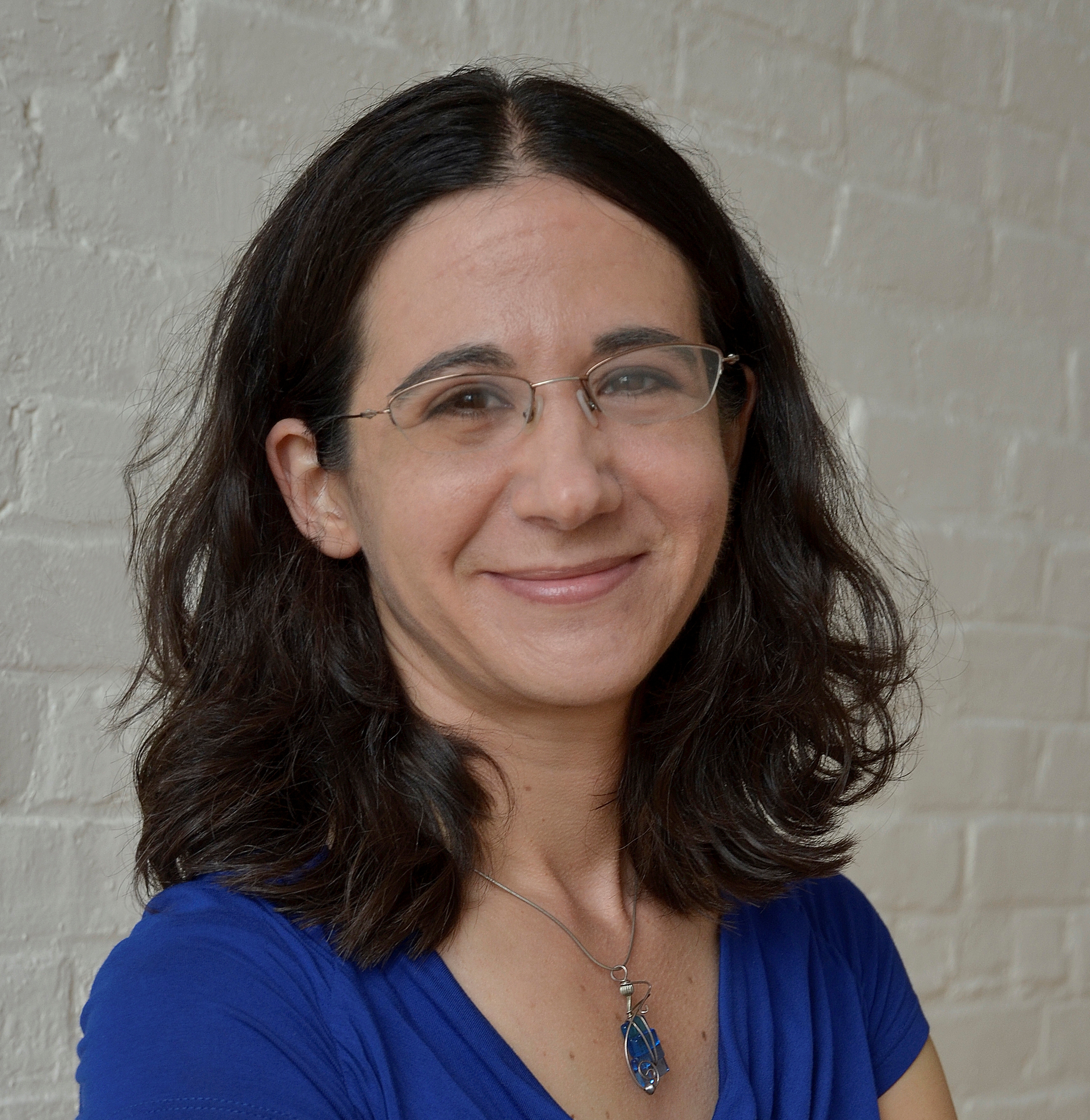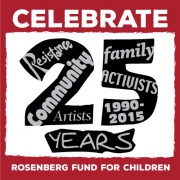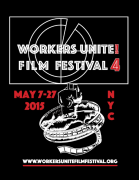 Jennifer Meeropol is the granddaughter of Ethel and Julius Rosenberg and the daughter of RFC Founder, Robert Meeropol. Jenn became the Executive Director of the RFC on September 1, 2013. Prior posts on this page were written by Robert (unless otherwise noted), and represent his opinions, which are not necessarily shared by the RFC.
Jennifer Meeropol is the granddaughter of Ethel and Julius Rosenberg and the daughter of RFC Founder, Robert Meeropol. Jenn became the Executive Director of the RFC on September 1, 2013. Prior posts on this page were written by Robert (unless otherwise noted), and represent his opinions, which are not necessarily shared by the RFC.News & Events
From the Executive Director
 Jennifer Meeropol is the granddaughter of Ethel and Julius Rosenberg and the daughter of RFC Founder, Robert Meeropol. Jenn became the Executive Director of the RFC on September 1, 2013. Prior posts on this page were written by Robert (unless otherwise noted), and represent his opinions, which are not necessarily shared by the RFC.
Jennifer Meeropol is the granddaughter of Ethel and Julius Rosenberg and the daughter of RFC Founder, Robert Meeropol. Jenn became the Executive Director of the RFC on September 1, 2013. Prior posts on this page were written by Robert (unless otherwise noted), and represent his opinions, which are not necessarily shared by the RFC.2015 is the RFC’s 25th anniversary year. This extraordinary project—which only exists because of the generosity of tens of thousands of concerned people—has grown from funding summer camp for two children of a political prisoner in our first round of grants, to our plan to award $370,000 in 2015 to help hundreds of kids across the U.S. who are living through similar nightmares to what my father and uncle experienced as children.
This is my fourth blog in a series which uses "Unknown Secrets," a collage by Martha Rosler, as an organizing principle to explore how the popular press, the prosecution, the defense, supporters, politicians, and the highly charged political and cultural climate influenced how people perceived my grandmother, Ethel Rosenberg, then and now.
This is my third blog in a series which uses "Unknown Secrets," a collage by Martha Rosler*, as an organizing principle to explore how the popular press, the prosecution, the defense, supporters, politicians, and the highly charged political and cultural climate influenced how people perceived my grandmother, Ethel Rosenberg.
We just completed awarding our first grants of 2015 at the RFC. In all, seven new grantees joined the RFC community this spring (five families, one targeted activist youth and one group). The new grantees include:
[guest post by RFC Communications Director, Amber Black]
Some of the Rosenberg Fund for Children’s earliest grantees were children whose parents faced targeting because they were labor organizers. Twenty-five years on, we’re still helping kids whose parents have been fired, harassed, or otherwise attacked because they’re standing up for the rights and dignity of their fellow workers. From Our Walmart and the Fight for 15, to the battle to preserve unions in Wisconsin and elsewhere, and on many other fronts, people are involved in vital efforts on behalf of workers. And activists in those struggles – many of whom are parents and some of whom are youth themselves – are in the crosshairs.


